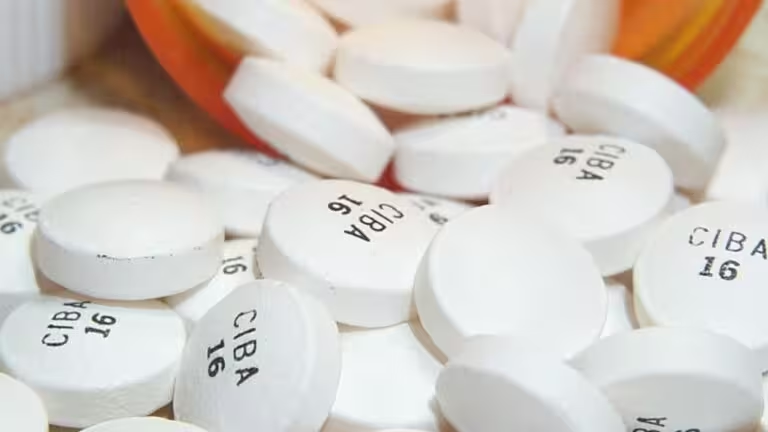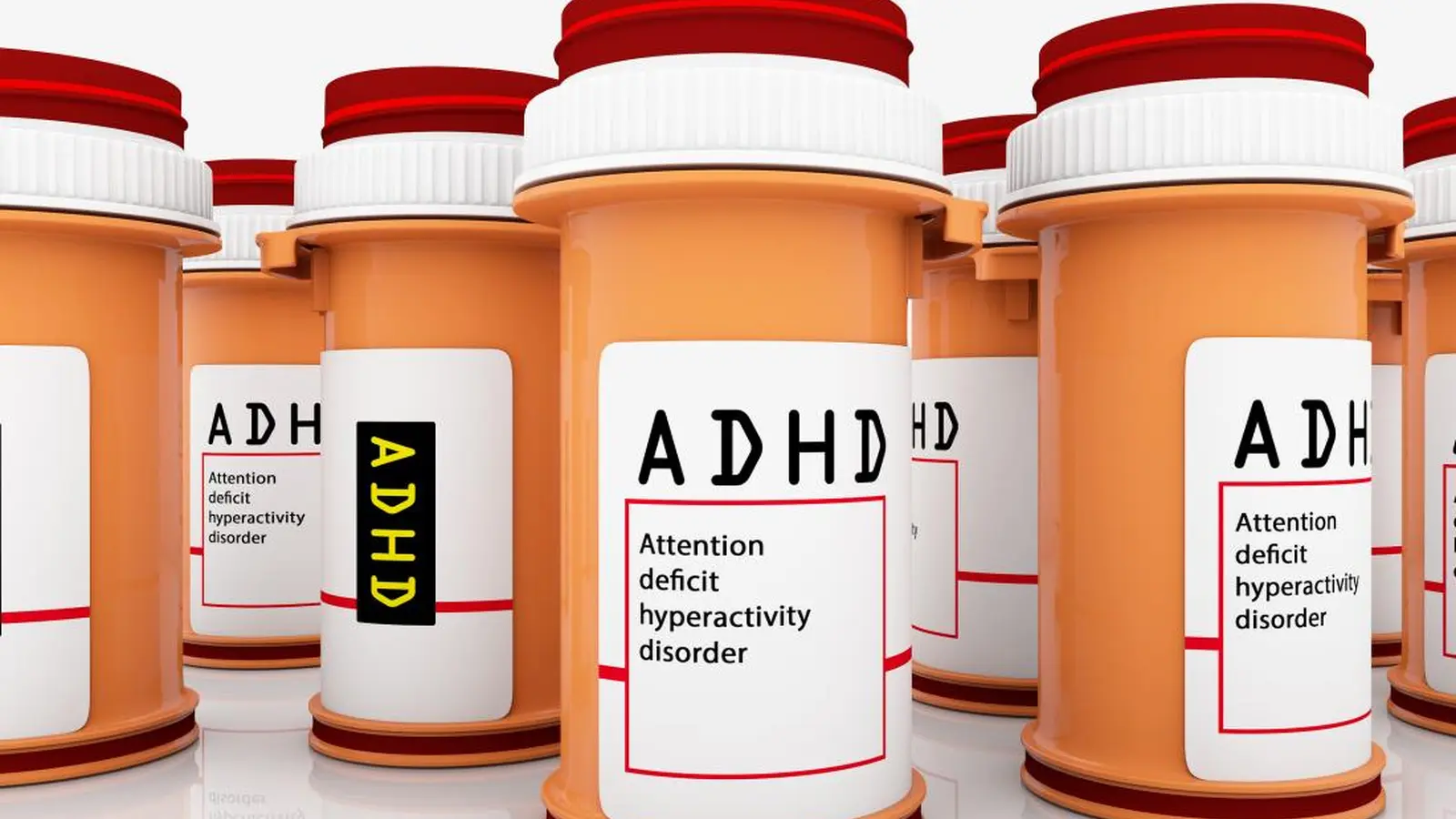3 Minutes
New large-scale research shows common stimulant medicines used for ADHD do more than sharpen focus: they appear to reduce the likelihood of substance misuse, suicidal behavior, criminality and traffic accidents in the years after diagnosis. These findings add important evidence for patients, families and clinicians weighing the risks and benefits of early drug treatment.
How the study was done and who it covered
Researchers at the Karolinska Institute in Stockholm analyzed health and administrative data from 148,581 people aged 6 to 64 diagnosed with attention deficit hyperactivity disorder between 2007 and 2018. About 57 percent of those patients began pharmacological treatment within three months of diagnosis; in roughly 88 percent of treated cases the drug was methylphenidate, widely known by the brand name Ritalin.
The team compared rates of several serious outcomes while patients were on medication versus when they were not. Outcomes included first-time and recurrent substance misuse, suicidal behavior and attempts, first and repeat criminal convictions, and traffic accidents. Using within-person comparisons reduced confounding from lasting individual traits, offering stronger evidence about the drugs' likely effects.

Clear reductions in several serious risks
The results were consistent across multiple categories. Compared with periods without medication, being on stimulant treatment was associated with:
- 15 percent lower risk of first-time substance misuse and 25 percent lower risk of recurrent misuse
- 17 percent lower risk of first-time suicidal behavior and 15 percent lower risk of subsequent attempts
- 13 percent lower risk of first-time criminal behavior and 25 percent lower risk of repeat offenses
- 12 percent lower risk of first-time traffic accidents and 16 percent lower risk of recurrent accidents
Those percentages may seem modest, but across populations these effects translate into substantial reductions in preventable harm — from fewer crashes on the road to lower rates of self-harm and substance dependency.
Why stimulants might protect against these harms
Stimulant medications like methylphenidate increase levels of neurotransmitters such as dopamine and norepinephrine in the brain. That biochemical boost typically improves attention, impulse control and decision-making. For many people with ADHD, better regulation of impulses can reduce risky behaviors that lead to accidents, legal problems or substance misuse.
Study author and psychiatrist Samuele Cortese noted the clinical importance: sometimes clinicians and patients lack clear data about the downstream risks of untreated ADHD. As he told the BBC, the new research provides evidence that ADHD medications can reduce those risks.
What this means for patients, parents and clinicians
This study strengthens the argument for considering early, guideline-based treatment when appropriate, alongside behavioral therapies and support for education, work and driving safety. It does not remove the need to weigh side effects, individual history and personal preference. But for patients and families anxious about the long-term consequences of ADHD, the findings offer concrete evidence that medication can lower several serious risks.
Future work will be needed to explore differences among age groups, long-term outcomes beyond the study window, and how medication works best in combination with psychosocial supports. For now, the take-home is straightforward: treating ADHD with stimulant medication appears to reduce real-world harms beyond improved attention.
Source: sciencealert


Leave a Comment